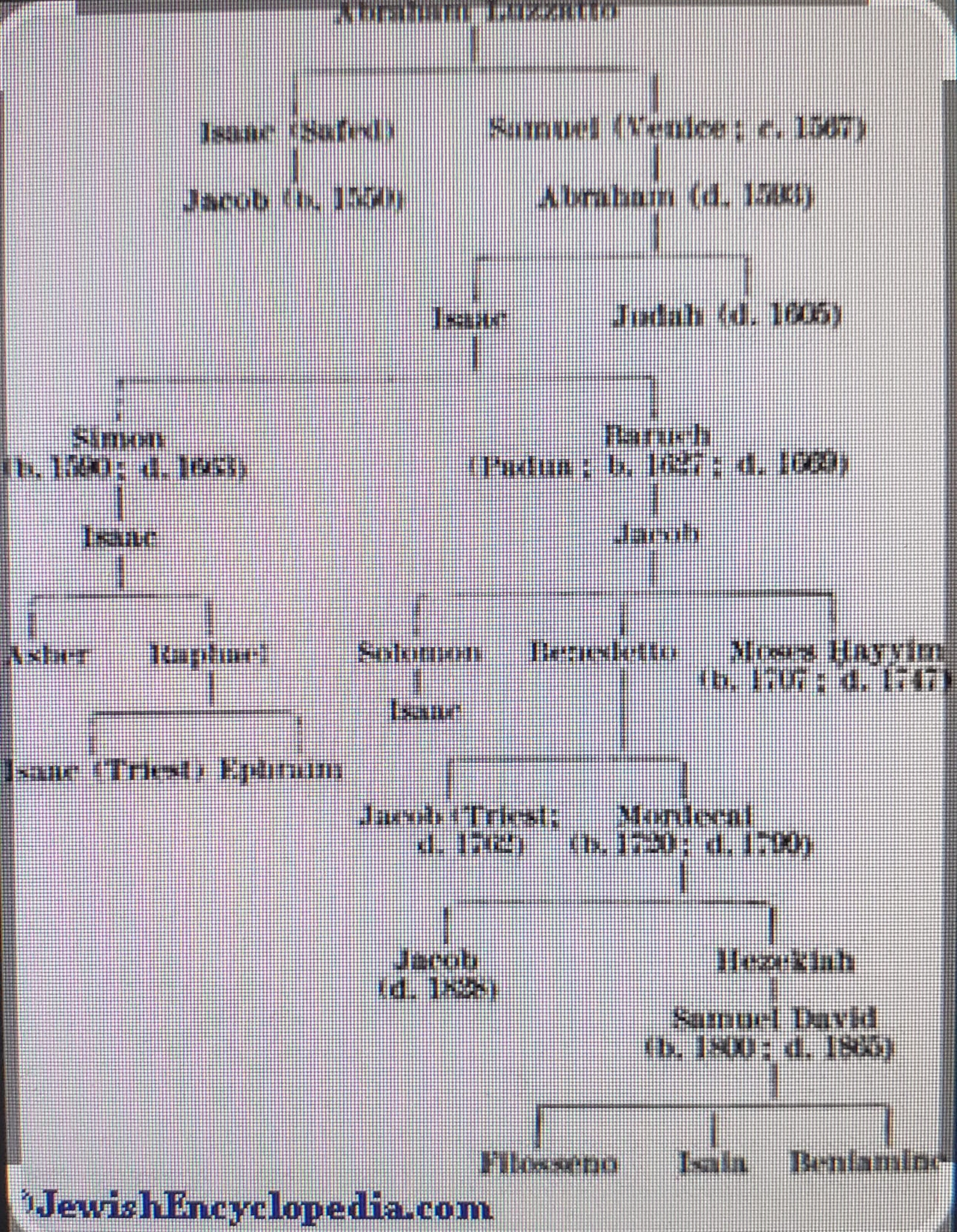
The Torah includes the first five books of the Hebrew Bible, named: Genesis, Exodus, Leviticus, Numbers and Deuteronomy. When used in that sense, Torah means the same as Pentateuch or the Five Books of Moses. It is also known in the Jewish tradition as the Written Torah.
The Torah is considered by Jews to be the holiest part of the Tenakh and was given by God to Moses on Mount Sinai. The Hebrew word Torah is traditionally translated as 'law', which in this context means teaching, instruction or guidance. The most well-known of these laws are the Ten Commandments, but the Torah contains a total of 613 commandments or mitzvah covering many aspects of daily life, including family, personal hygiene and diet.
The Ten Commandments were recorded on two tablets of stone, and together they form the basis of God’s covenant with Moses.
A covenant is an agreement. Jewish people believe they have a special responsibility to follow the mitzvot, which are God’s laws in the Torah, because of the covenants they have made with him.
Moses also received an explanation of the Torah from God, known as the Oral Torah, which is recorded in the Mishnah.
Moses is considered to be very important in Jewish teaching because he led the chosen people to the Promised Land and received the laws that bind Jews to God.
Ten commandments of Jews (Aseret HaDibrot (“Ten Sayings” in Hebrew) or Decalogue):
- Do not have any other gods.
- Do not make or worship idols.
- Do not disrespect or misuse God’s name.
- Remember the Sabbath and keep it holy.
- Honour your mother and father.
- Do not commit murder.
- Do not commit adultery.
- Do not steal.
- Do not tell lies
- Do not be envious of others.